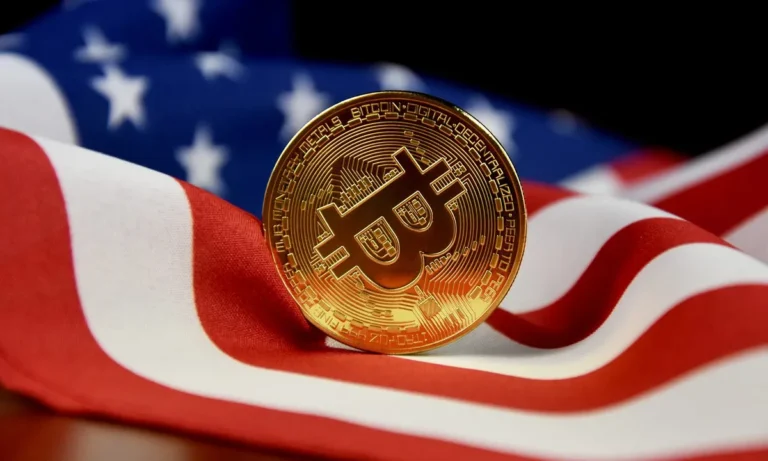Biohacking and Human Enhancement: How Far Are We Willing to Go?
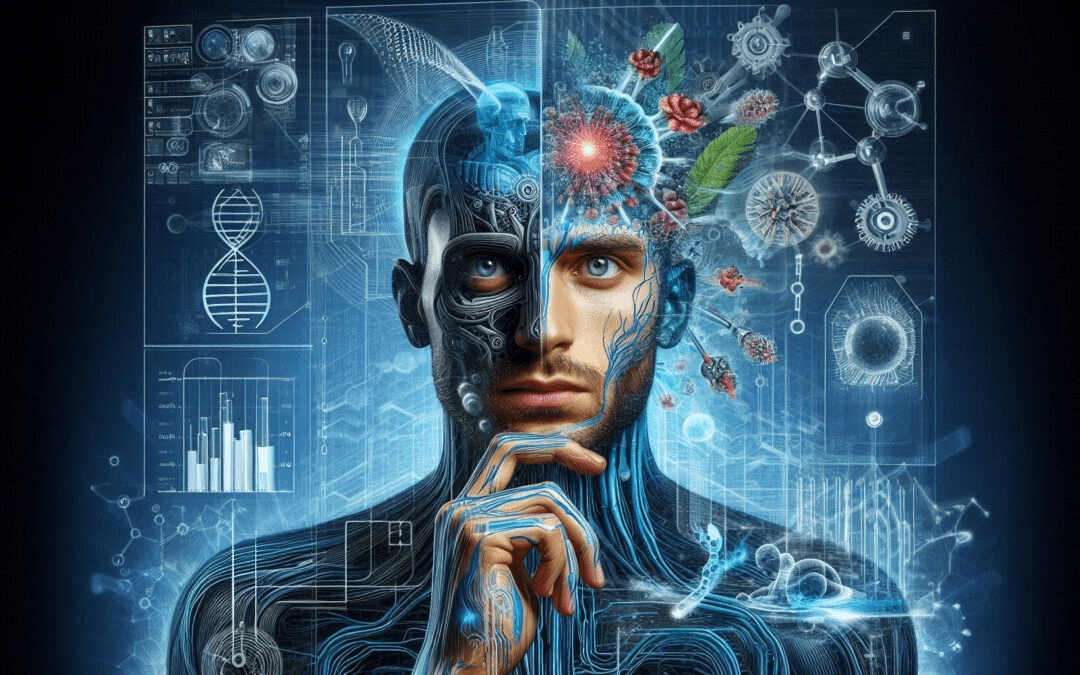
Biohacking and human enhancement are rapidly emerging fields that blur the lines between biology, technology, and human potential. Whether it’s implanting microchips, enhancing physical strength, or manipulating DNA, biohacking promises to push the boundaries of what it means to be human. But with such advancements come profound ethical questions: How far are we willing to go in the pursuit of improvement? Let’s dive into the world of biohacking and explore its possibilities, dangers, and the dilemmas it presents.
What Is Biohacking?
At its core, involves using science, technology, and DIY biology to enhance human capabilities. It can range from relatively simple techniques like altering diet and exercise routines to more invasive approaches, including genetic modifications or implanting devices inside the body. Biohacking allows individuals to “hack” their biology to improve performance, health, and overall well-being.
While some methods are used to optimize mental clarity or physical performance (like nootropics or extreme diets), others aim to push the limits of human ability. From enhancing intelligence to increasing life expectancy, biohacking promises a future where humans can rewrite their own biology.
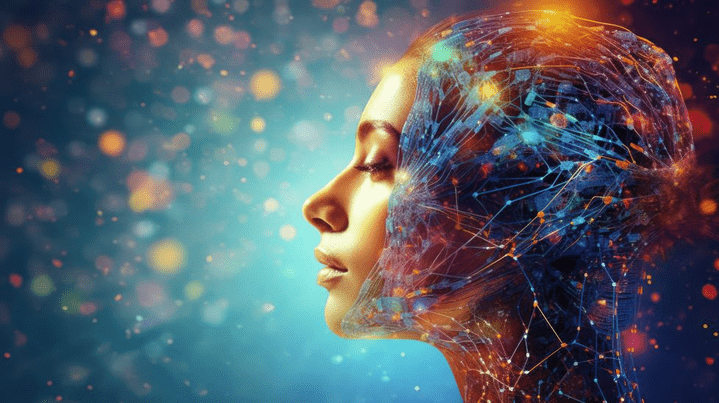
The Different Faces of Biohacking
It is a broad umbrella term that encompasses a wide range of activities. Here are some of the most popular and controversial practices:
1. DIY Biology
DIY biohackers experiment with genetic modification, CRISPR, and other technologies outside of the lab setting. This can involve modifying plant or animal genetics or attempting gene editing in humans—often without oversight or regulation. While some see this as empowering, others worry about the risks of unregulated experimentation.
2. Implants and Wearables
Some biohackers implant microchips or sensors into their bodies to enhance human capabilities. These can range from simple RFID chips that allow access to doors or phones, to more complex devices that track bodily functions in real time or enhance sensory abilities. One of the most fascinating aspects of this type is the integration of technology directly into the human body.
3. Nootropics and Smart Drugs
Nootropics are substances that people use to enhance cognitive function, including memory, focus, and creativity. These include anything from caffeine to experimental drugs that are designed to boost brain performance. While some nootropics are relatively harmless, others are more controversial and can carry risks.
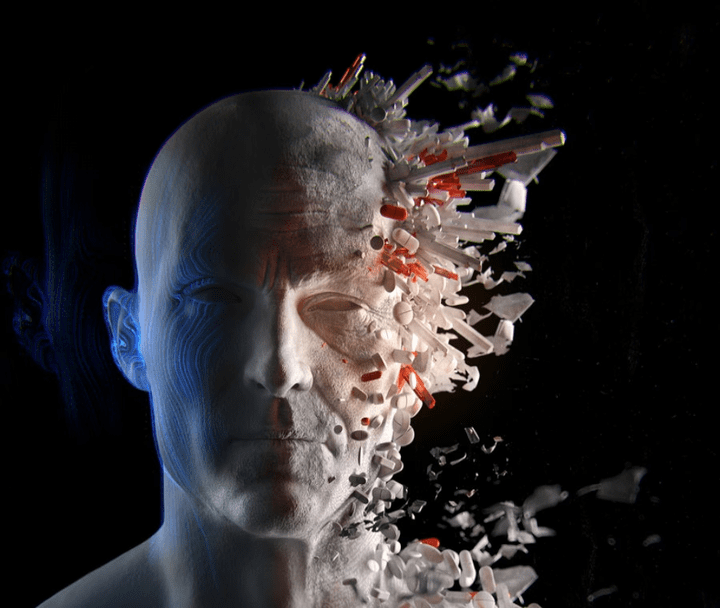
4. Genetic Engineering
One of the most ambitious—and ethically questionable—aspects of biohacking involves directly manipulating the human genome. Technologies like CRISPR have made it possible to edit genes and potentially eliminate genetic diseases. But they also raise serious ethical concerns about “designer babies,” genetic modification for non-medical purposes, and unintended consequences.
5. Longevity and Anti-Aging
Biohackers are increasingly focused on slowing down the aging process and extending human lifespan. Some pursue radical life extension methods, including calorie restriction, stem cell therapy, and other experimental treatments, hoping to live longer and healthier lives. But what happens when we start playing God with our biology?
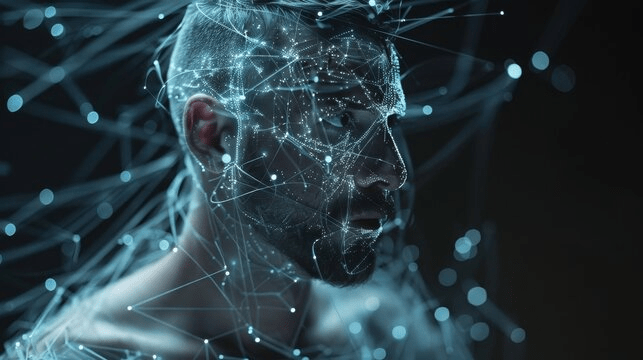
The Risks and Ethical Dilemmas
With great power comes great responsibility, and biohacking is no exception. As we push the boundaries of what is possible, the risks increase. Here are some of the ethical concerns:
1. Inequality and Access
One of the most significant concerns with biohacking is the potential for deepening social inequality. While some may have access to these advanced technologies, others may be left behind, creating a divide between those who can afford to enhance themselves and those who cannot.
2. Unintended Consequences
Genetic editing and other experimental biohacking methods carry the risk of unintended consequences. Editing genes or implanting foreign devices could have unforeseen side effects, and the long-term effects of many biohacking techniques are still unknown.
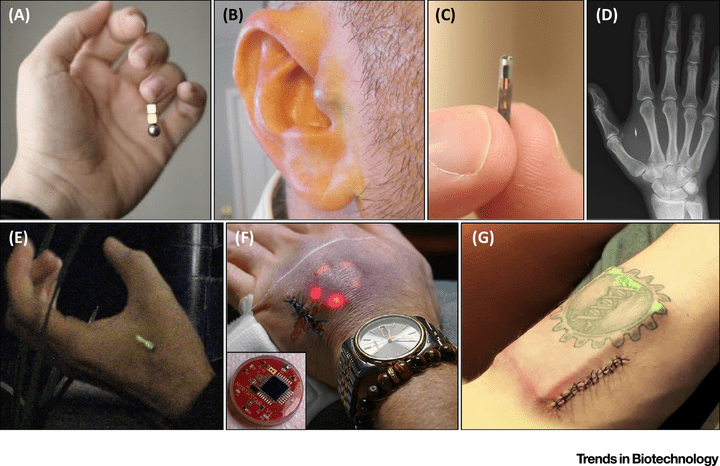
3. Loss of Human Identity
As we enhance our physical and cognitive abilities, there are concerns about losing the essence of what makes us human. Will we still be “ourselves” if we modify our genetics, implant technology, or enhance our abilities beyond the natural limits? Biohacking may challenge our understanding of humanity and what it means to be human.
4. Ethical Boundaries
Some forms of biohacking raise profound ethical questions. For example, genetic engineering could lead to the creation of “designer babies,” raising concerns about eugenics and the morality of selecting traits for non-medical reasons. Who decides which traits are desirable or undesirable? Where do we draw the line between enhancement and “playing God?”
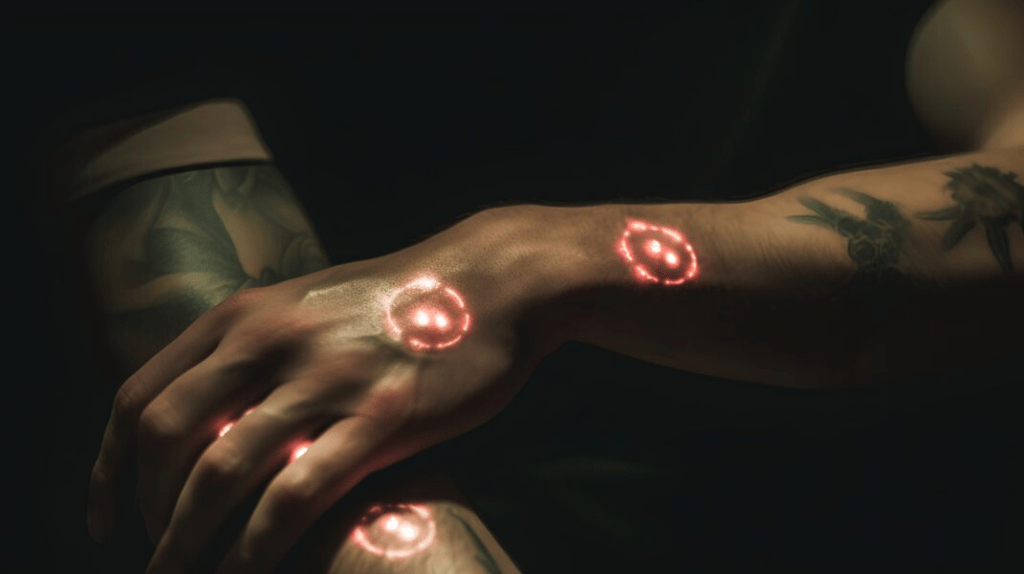
How Far Will We Go?
The future of biohacking and human enhancement is both exhilarating and frightening. As technology advances, we’re faced with questions about how far we’re willing to go in our pursuit of a “better” version of ourselves. While biohacking offers the promise of extending life, enhancing intelligence, and improving physical performance, it also comes with risks, unintended consequences, and ethical concerns.
The key to navigating the future of biohacking lies in finding balance—embracing innovation while being mindful of the potential social, ethical, and psychological impacts. As a society, we’ll need to carefully consider the consequences before we alter our biology in ways we may not fully understand.

Is Biohacking the Next Step in Human Evolution?
As biohacking continues to gain traction, it poses exciting possibilities for human evolution and longevity. But with those possibilities come tough questions about equity, ethics, and the very definition of humanity. So, what do you think—are we ready to enhance ourselves in ways that go beyond nature? Or should we be cautious about pushing the boundaries of human biology?
How far would you be willing to go with biohacking to enhance your mind or body? Would you draw a line, or are the possibilities endless?

